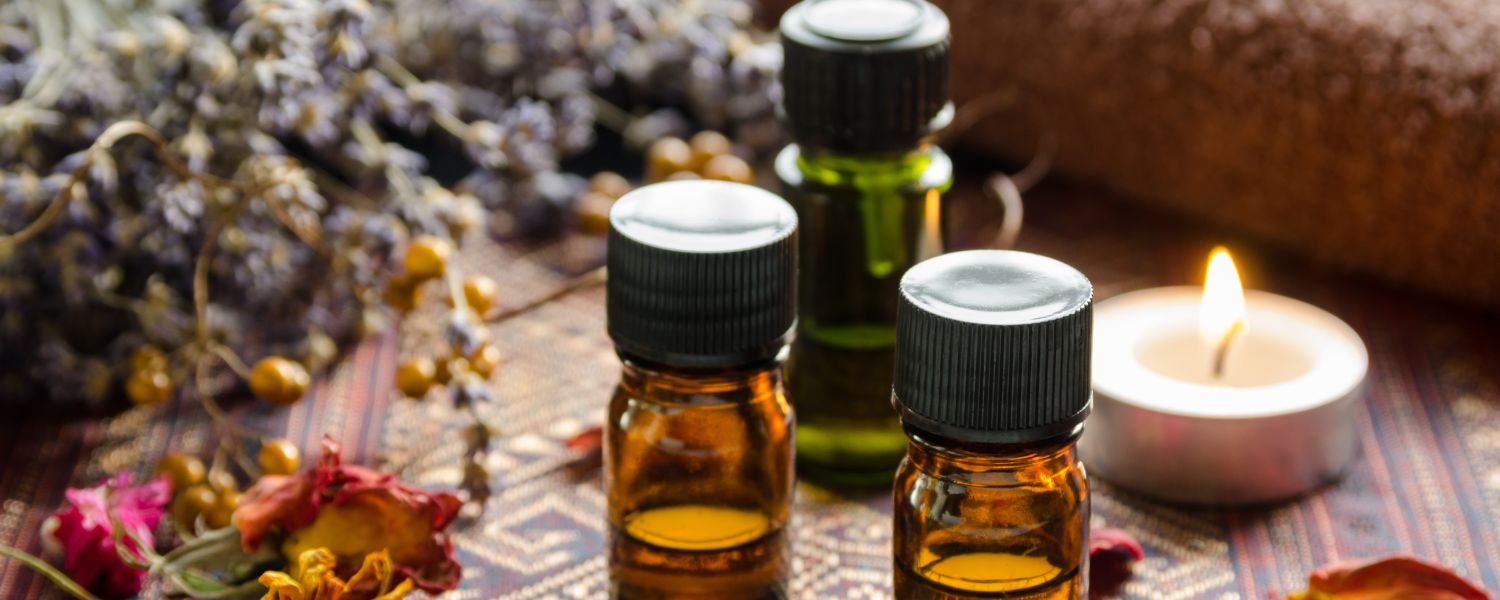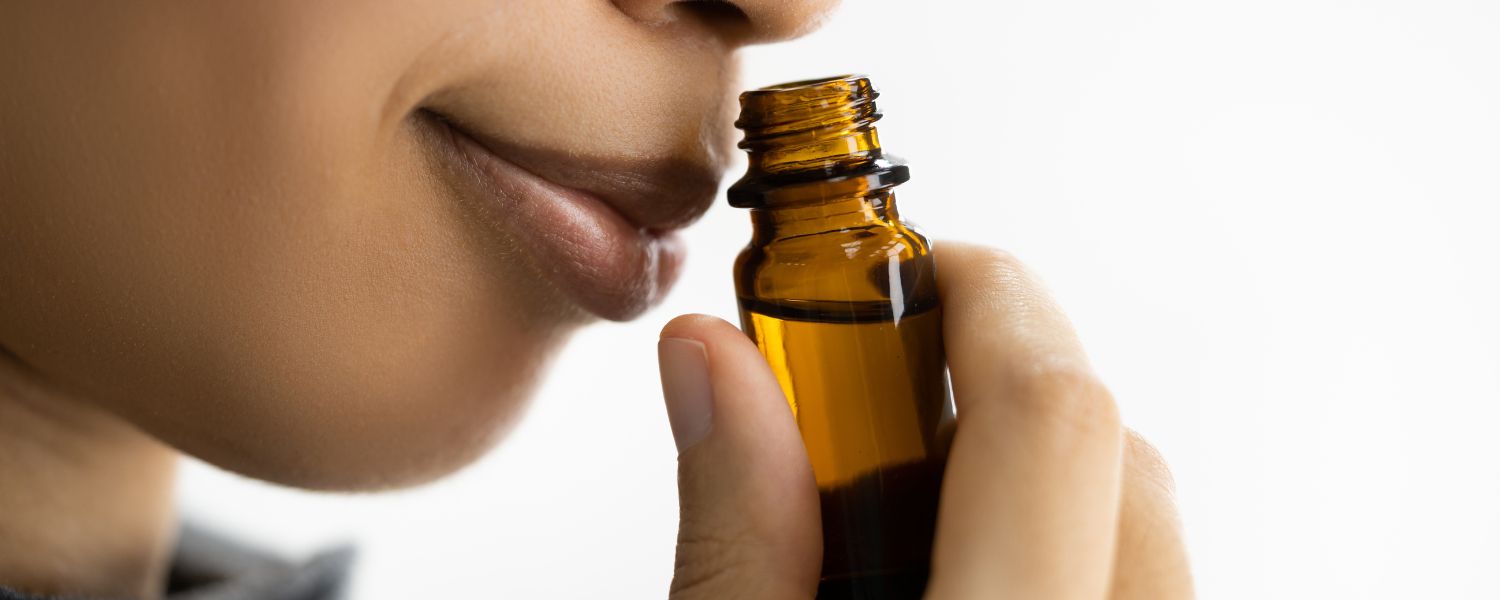If you’ve been on the lookout for ways to further incorporate the healing power of plants into your daily routine, you may want to consider including essential oils in your wellness rituals.
This form of concentrated plant extract is made by pressing various parts of the plant until it releases the compounds that give it its unique smell, which is only one of the benefits of these essential oils.
In fact, the pleasant smell of essential oils is merely a bonus, as the real payoff are the possible health benefits they may present you with.
A good example is lavender, which has been proven to help relieve stress and promote a healthier sleep schedule, whereas rubbing lavender oil on your temples could rid you of headaches and tension almost momentarily.
You should note, however, that using these oils does take a certain amount of skill, and the majority of them shouldn’t be applied directly to your skin for extended periods of time.
Consult with your physician first

The main thing people tend to forget about essential oils is that they’re a form of medicinal treatment, meaning that even if they’re natural, they’re not generally considered to be safe to use.
The high concentration of chemicals in the oil paired together with the potent smell they have makes it so only a small amount can promote well-being, and most people don’t know this.
Because of this, some overdo it with oils like peppermint, which can be useful in relieving headaches, but if inhaled in high concentration could actually cause a negative reaction, leading to even stronger headaches and risking further complications.
You should also remember that not all of these essential oils are safe to use during pregnancy, as some can stimulate contractions of the uterus, leading to premature birth or causing harm to the unborn child.
Not all oils are equal

Even though they’re promoted by natural medicine proponents, essential oils are yet to be regulated in the US, which means that you could potentially run into a lower-quality product if you’re not being careful.
Some of the cheaper oils on the market are made with synthetic ingredients rather than actual plant material, and even though they may end up smelling like the real thing, they may have no beneficial effects, or may even cause irritation when applied.
Of course, even if an oil is completely natural, a number of different factors can impact its quality, ranging from extended use of pesticides to packaging and storing errors, so make sure you’re buying a high-quality product from a trusted vendor.
Before purchasing a bottle of essential oil, check it for the Latin name of the plant it’s from, as well as the origin country and the purity percentage of the oil itself.
Don’t let your kids get to them

While this holds true for a number of different products with healing qualities, you should be extra careful with essential oils, treating them as you would a cleaning product in your home.
Keeping them out of reach of your children is crucial, as they can cause a number of adverse side effects when swallowed or applied to any other mucus membrane, with sage oil even causing seizures in some children.
On top of this, pets are just as susceptible to the negative effects of essential oils as your kids, and you may even want to keep them out of the house when you’re inhaling vapors infused with the oil, as they could damage your pet’s olfactory systems.
Dogs and cats that get essential oil poisoning will usually look wobbly on their feet, be depressed or exhibit an extremely low body temperature.
Know what you’re using

Each essential oil has its advantages and applications, and you’ll want to familiarize yourself with the subject matter before settling on one just because you’ve seen it in some wellness trends list.
These oils can affect different people in different ways, and you should always make sure that the oil you’re using for therapy won’t cause any negative side effects.
Some essential oils may cause skin irritation in the area where they’re applied, whereas others may not, and this can also vary from person to person.
Conduct thorough research on any oil you plan on using before applying it to your skin or inhaling its vapors, and if you’re doubtful about the data you’ve found, you can always consult with your family’s doctor or physician.
Final word
Essential oils have grown in popularity in recent years, and more people are jumping on this wellness trend.
However, there’s a lot more to these oils than you’d assume at first glance, and they’re actually a complex form of natural medicine that requires extra care when applying them as a form of therapy.
Make sure that the oil you’re using won’t cause any complications due to your current medical condition, and most importantly, buy high-quality products to avoid applying unnecessary chemicals to your skin.
